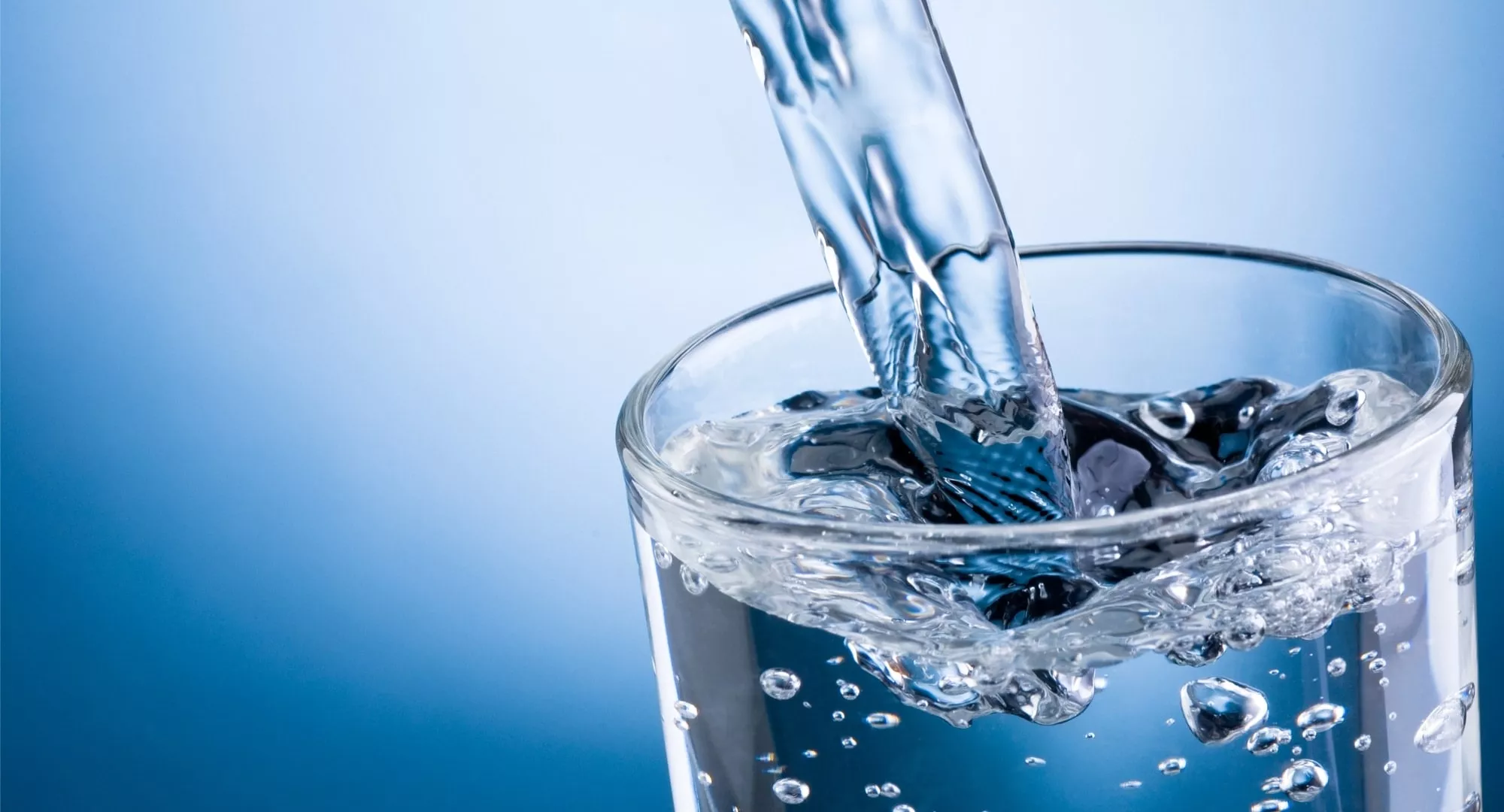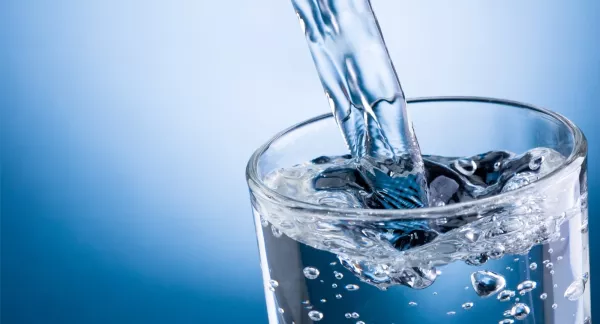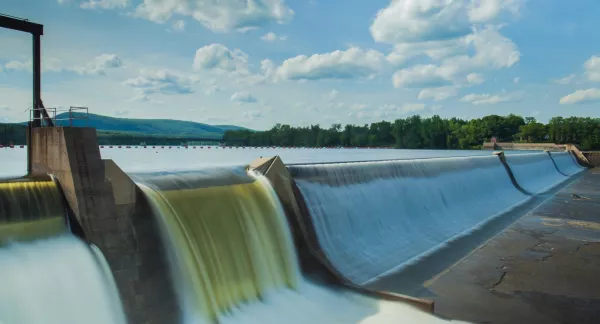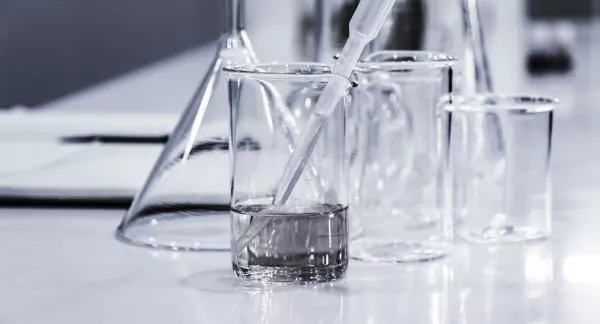
Comparisons of Chemical Composition of Recycled and Conventional Waters
Abstract
Across the US and around the globe, agencies, regulators, and the public often question the water quality produced by IPR projects. The proposed research set out to demonstrate the water quality produced by two major types of IPR practiced in the USA and compare to the water quality currently consumed through conventional drinking water treatment in model cities in the USA with various degrees of de facto reuse. The objective of this project was to compare the water quality of engineered potable reuse systems to the water quality of de facto (non-planned) potable water reuse systems. A further objective was to compare an advance water reuse treatment system to an infiltration reuse system. Parameters to be compared include emerging contaminant occurrence, byproduct formation potential, and regulated constituents occurrence.
Originally funded as WERF project Reuse-06-06.


